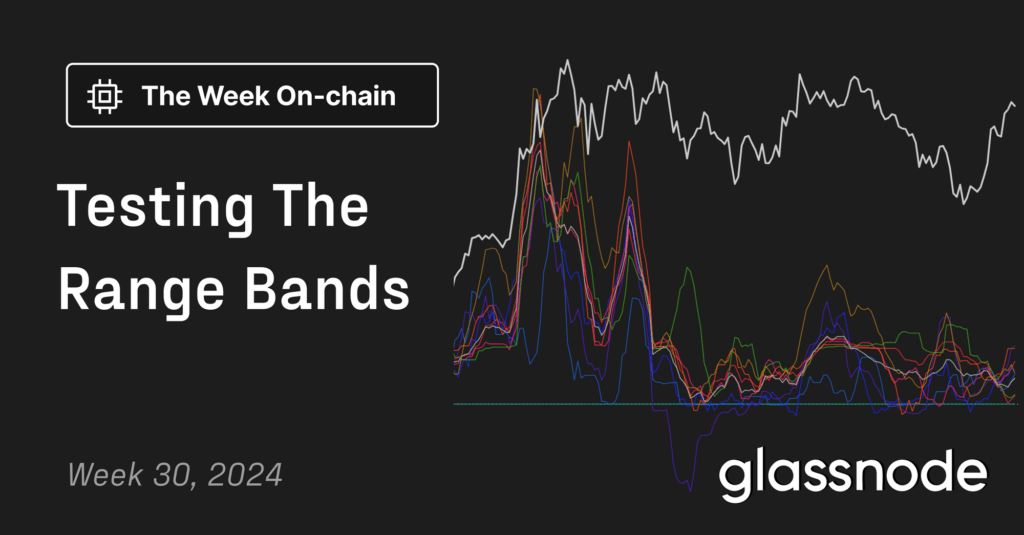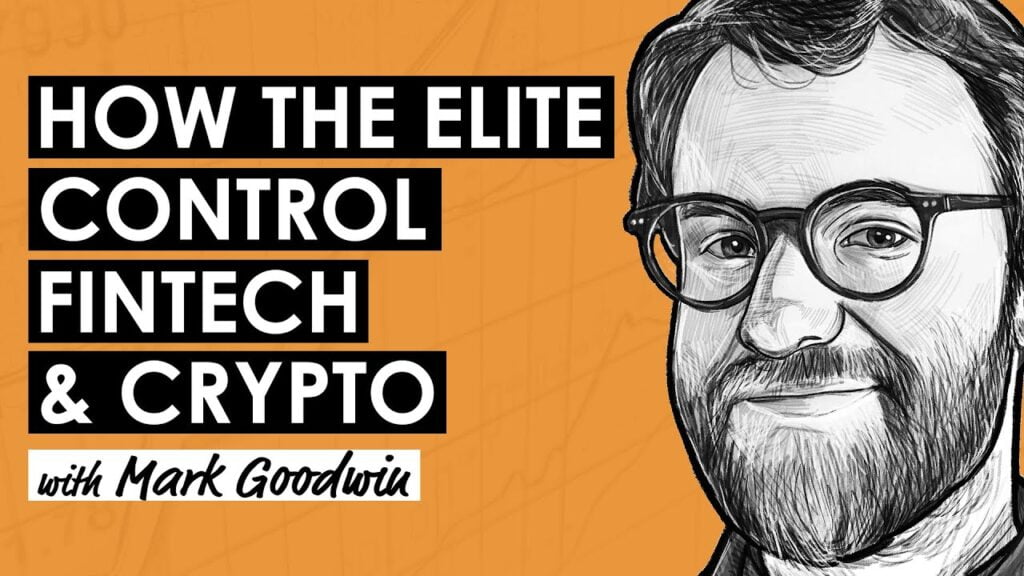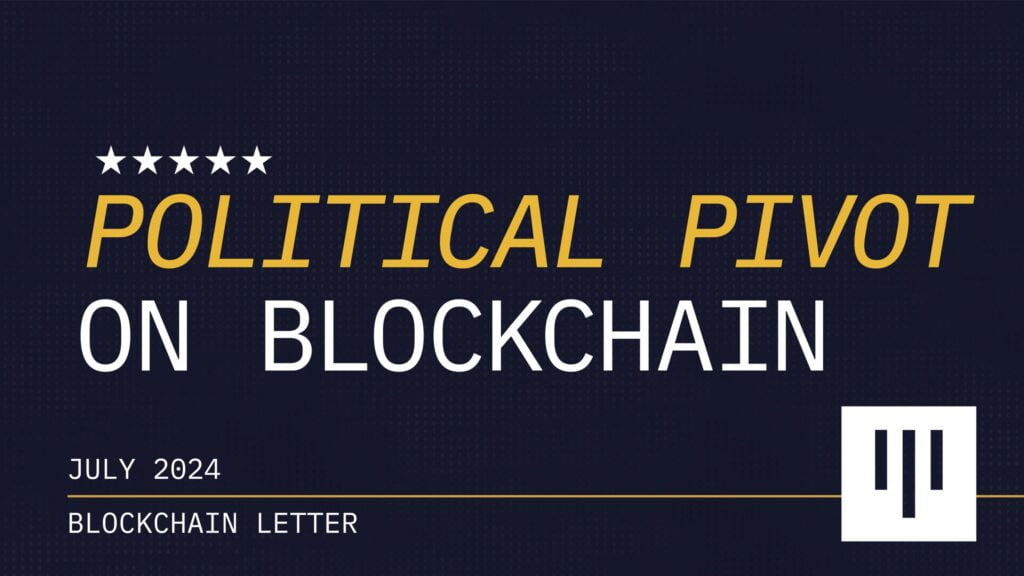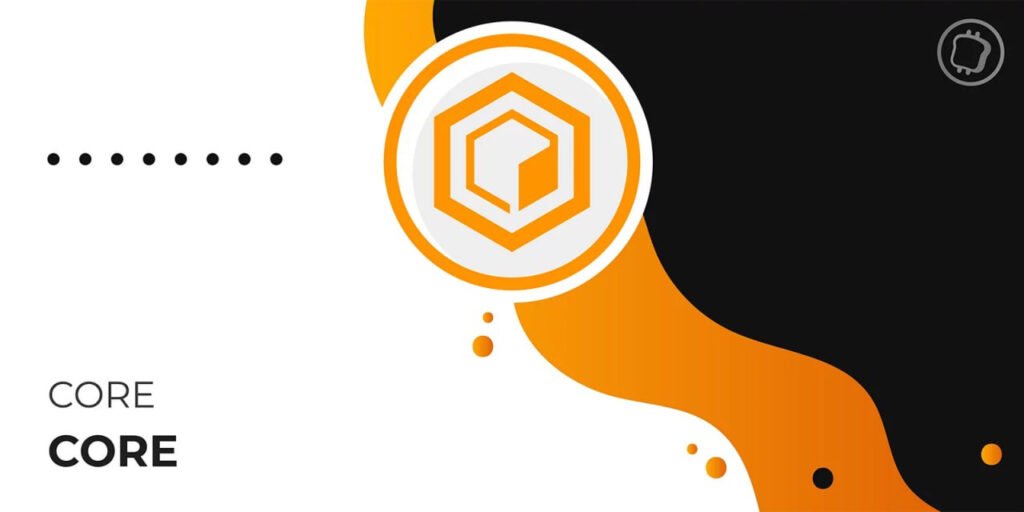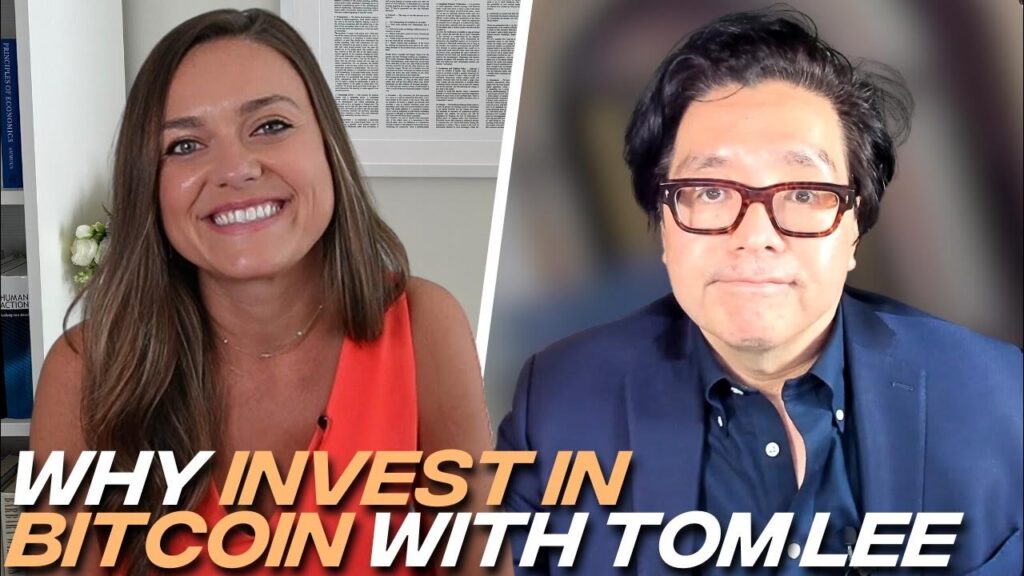Podcast Summary
This podcast episode features Danielle DiMartino Booth, CEO and Chief Strategist at QI Research, and Jim Bianco, President and Macro Strategist at Bianco Research. They discuss the complexities of inflation measurement, the impact of remote work on the labor market, and the disconnect between official narratives and people’s experiences. The conversation also delves into the future of Bitcoin and the potential implications of Bitcoin ETFs.
Key Takeaways
Understanding True Inflation
- True Inflation vs CPI: Danielle presents the concept of “true inflation,” which stands at 1.39%, contrasting with the official CPI inflation rate of 3.1%. The difference in weightings between CPI and true inflation, particularly in the shelter category, is highlighted.
- Disconnect in Inflation Perception: The hosts discuss the disconnect between government officials’ statements about inflation and the lived experiences of people, who are seeing prices rise while wages struggle to keep up.
Impact of Remote Work on Labor Market
- Labor Market Shift: Jim emphasizes the significant shift in the labor market due to remote work, with around 80 million people having the ability to work remotely for a significant portion of the week.
- Power Shift in Labor Negotiations: The hosts discuss the power shift in labor negotiations, with employees having more leverage and the ability to quit if their demands for remote work or other terms are not met.
Commercial Real Estate Market and Recession Indicators
- Underlying Weakness in Commercial Real Estate: The commercial real estate market is experiencing underlying weakness, particularly in the office sector. The potential impairment of office buildings could lead to a credit event and put regional banks at risk.
- Recession Indicators: The recession may have already started, based on Bureau of Labor Statistics data and other indicators such as negative job revisions and industrial production.
Stock Market Performance and Federal Reserve Policies
- Stock Market Gains: The stock market has seen significant gains in recent weeks, with the longest winning streak in 51 years. The competition from rates has made the stock market more appealing to investors.
- Federal Reserve Policies: The Federal Reserve (Fed) is expected to continue shrinking its balance sheet and wants to keep interest rates higher for longer. The Fed’s actions have not helped fix wealth inequality, as the top 50% own 94% of assets while the bottom 50% hold 55% of debt.
Bitcoin ETFs and the Future of Cryptocurrencies
- Bitcoin ETF Concerns: The speaker expresses concern that Bitcoin ETFs are a form of giving up on building a new, decentralized financial system. They argue that ETFs are a way to pump Bitcoin to a mass audience, including wealth managers, rather than focusing on adoption of decentralized alternatives.
- Importance of Decentralized Finance: The speaker highlights the importance of building an alternative system rather than integrating cryptocurrencies into the existing financial system. They express skepticism about the Bitcoin ETF, stating that it is a sell-out and could potentially lead to a situation where the government bans Bitcoin ETFs and renders them worthless, similar to what happened with gold in 1934.
Sentiment Analysis
- Bearish: The speakers express concern about the disconnect between official inflation rates and people’s lived experiences, the underlying weakness in the commercial real estate market, and the potential risks associated with Bitcoin ETFs. They also highlight the negative impact of Federal Reserve policies on wealth inequality.
- Bullish: The speakers show optimism about the power shift in labor negotiations favoring employees, the significant gains in the stock market, and the potential of decentralized finance as an alternative to traditional financial systems.
- Neutral: The speakers present a balanced view on the impact of remote work on the labor market, acknowledging both the benefits and challenges associated with this shift.





